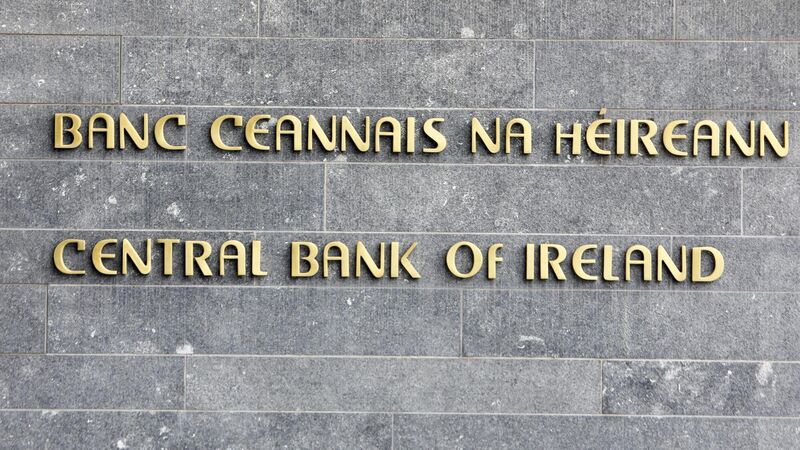Plans to stop Irish motor insurers penalising loyal customers will work, says regulator

The row over price-walking or dual pricing led to a review by the Central Bank this summer and it has moved to regulate, but not ban, insurers offering year-one discounts altogether.
Plans to outlaw abuses by insurers discriminating against loyal customers will work, and the industry will be held to account over its trust issues with consumers, the Central Bank has told the Oireachtas Finance Committee.
The regulator has moved to stop the longstanding practice of insurers in Ireland offering discounts to attract new customers at the huge expense of their existing customers, who effectively are made pay for their loyalty.











